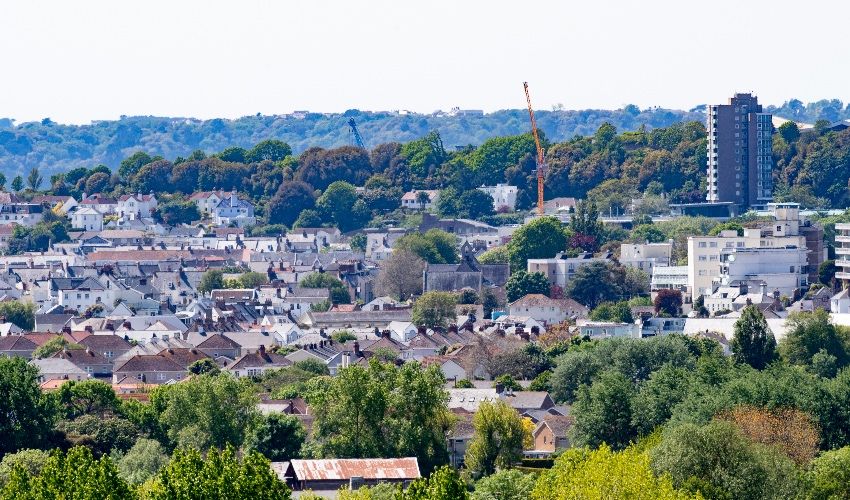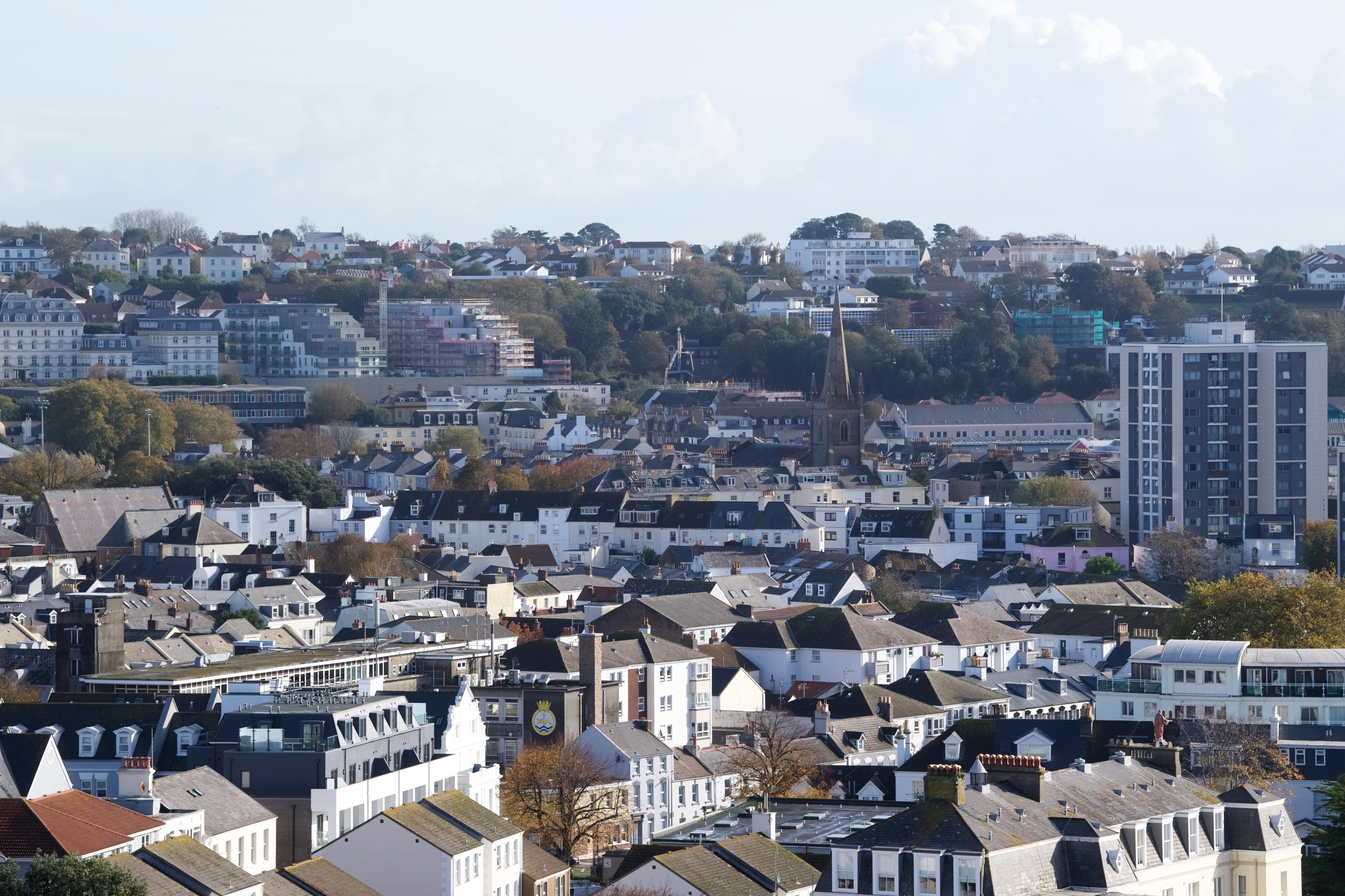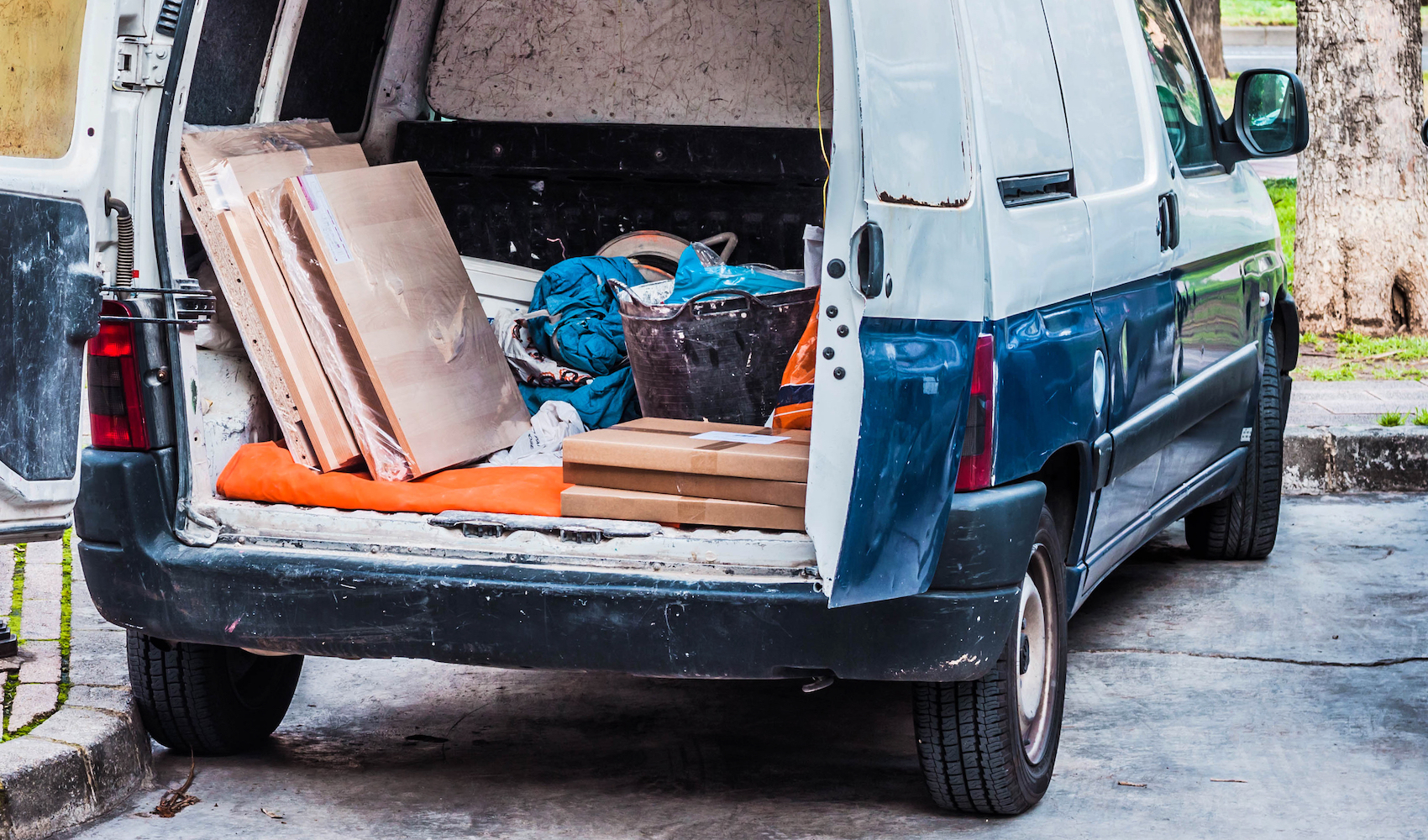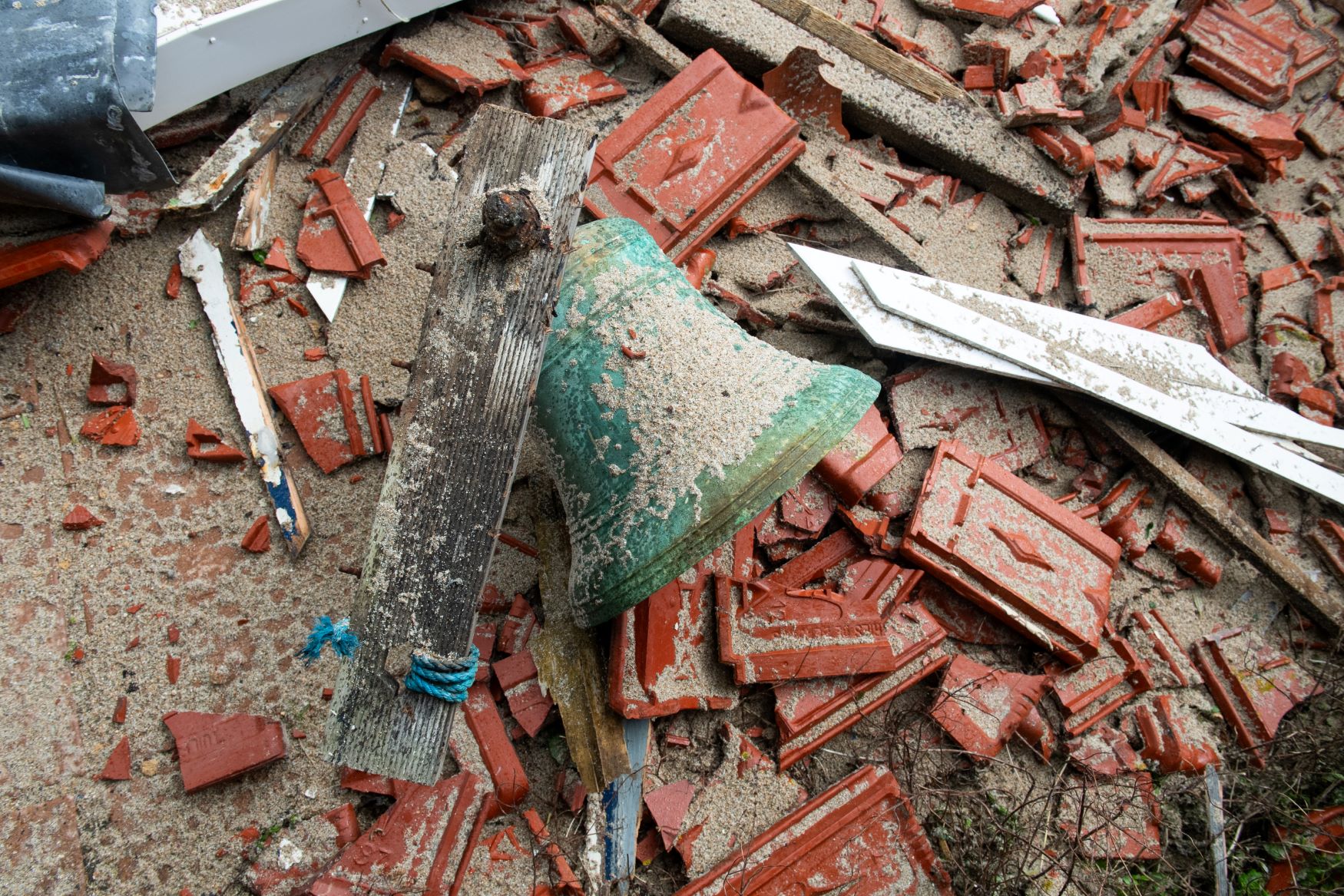


The rising costs of owning and maintaining a property will force some landlords to exit the market, "possibly leaving properties empty", Jersey's main landlord body has claimed – so, what exactly are the key issues?
Guy Morris said that rents had not increased at the same rate as the costs – including maintenance, repair and insurance charges – which he largely attributed to inflation and issues within the labour market.
He noted that, according to the latest House Price Index report from Statistics Jersey, advertised private sector rental prices were 1% lower this year than in 2022.
Meanwhile, during the twelve months to December 2023, Jersey's RPI grew by 7.5%.
Mr Morris said that landlords’ expenses "have been and are continuing to increase", while rents had "not increased by anywhere near the same rate".
Mr Morris explained: "Property upgrade, maintenance, repair and renovation tend to form the biggest part of a landlord’s costs.
"Landlords frequently call on electricians, plumbers, carpenters, plasterers, glaziers, painters and decorators, roofers, drain cleaners, handymen, tilers, general builders, fire alarm system technicians etc. to upgrade, maintain, repair or renovate their tenants’ homes.
"This cost is made up of the cost of labour and the cost of materials, both of which have increased substantially in recent years."

Pictured: Advertised private sector rental prices were 1% lower this year than in 2022.
Mr Morris added that Jersey had a "small and transient skilled labour force" that had always been "expensive" due to high demand from islanders seeking to improve their property.
He said: "Specialist sub-contractors often need to be transported in and housed for the duration of larger contracts, and this has added additional time and costs onto these projects.
"Labour costs have always been at least two-times more expensive than the UK mainland or France."
Mr Morris noted that one landlord had reported an increase in skilled tradesmen’s prices from £45 to £65 per hour, while another recorded that – between 2022 and 2023 – they saw hourly rates for electricians, plumbers and decorators rise by 8%, 6% and 5% respectively.
The Landlords’ Association Chair said: "I have an example of a reroofing job requiring scaffolding where the quote increased from £78,000 at the beginning of 2022 to £95,000 at the beginning of 2023 – a 21% increase in the value of the same job in one year. Well above RPI levels."

Pictured: One landlord reportedly saw a quote for a reroofing job increase from £78,000 at the beginning of 2022 to £95,000 at the beginning of 2023.
Mr Morris continued: "On the materials side of things, there are a limited number of builders merchants and suppliers 'on-island' that have always had high transportation and storage costs, and therefore resale costs."
Noting the collapse of Camerons in 2023, Mr Morris said some building materials had reportedly increased by over 50% in the course of a year.
He explained: "Suppliers only hold stock of the most popular products and wait to fill containers to ship to the island of the less frequently ordered items, this causes delays and additional costs.
"Food and medical supplies are shipped to Jersey before building supplies during periods of inclement weather when high seas are prevalent and building materials are off loaded onto the docks and have to wait before the next available boat before shipping."
He also said that landlords’ insurance had "increased substantially over the last few years" – and was set to rise further in the wake of Storm Ciarán.
"Our members have reported increases of anywhere from 10% to 30%," said Mr Morris. "I have heard that the indexing that insurers apply to rebuild values is likely to increase by at least 15% this year."

Pictured: Mr Morris said landlords' insurance is set to rise further in the wake of Storm Ciarán.
He continued: "Parish rates are also increasing, as are utilities costs, which are often comprised in the rent charged by lodging house owners to their lodgers. Another member reports that electricity costs increased by 12.5% and water by 10% last year.
"The upshot of all this is that some landlords will not be able to sustain these rising costs and will exit the private rental market by either selling up or not renewing leases and possibly leaving properties empty.
"Any form of rent stabilisation will further dampen confidence in the rental market and will put landlords off investing in their properties."
Comments
Comments on this story express the views of the commentator only, not Bailiwick Publishing. We are unable to guarantee the accuracy of any of those comments.